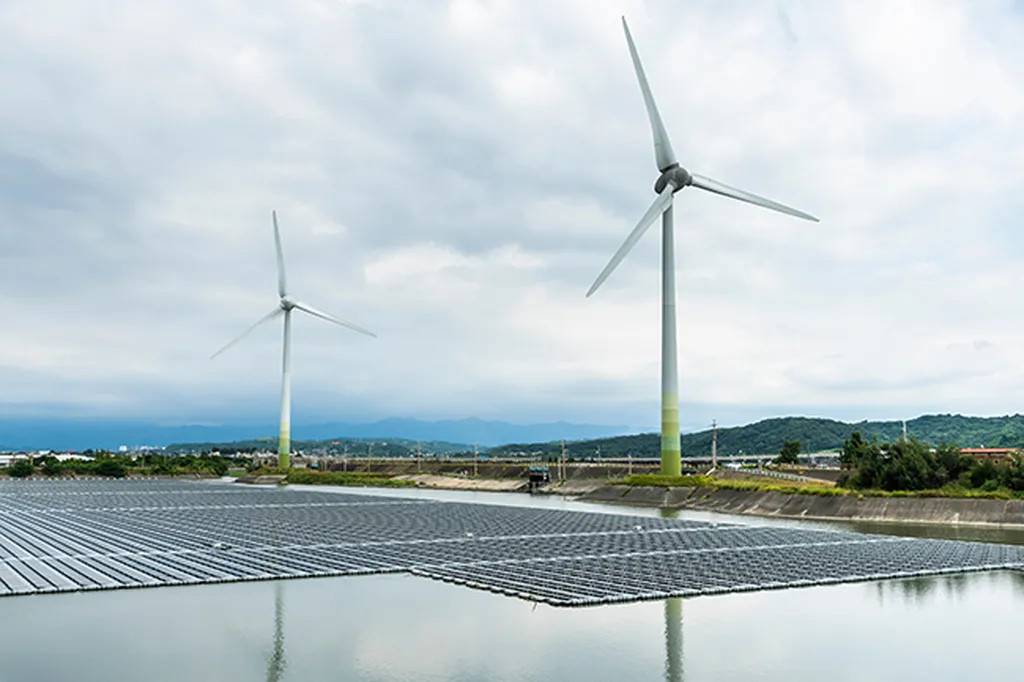In the heart of the Baltic Sea, the Swedish island of Gotland is quietly becoming a testbed for the future of sustainable energy. A recent study published in the journal *Energies* (formerly known as *Energies*) explores how Gotland can achieve its ambitious goal of becoming a fossil-free energy system by 2030, with a focus on integrating industrial waste heat to boost efficiency and sector collaboration. The research, led by Sahar Safarian of the IVL Swedish Environmental Research Institute in Gothenburg, offers valuable insights for the energy sector, highlighting both opportunities and challenges in the transition to renewable energy.
Gotland’s energy transition is not just about reducing carbon emissions; it’s about creating a resilient, self-sufficient system that can support local industry and communities. The study combines techno-economic modeling, life cycle assessment, and stakeholder input to analyze various scenarios for Gotland’s energy future. One of the key findings is the potential of industrial waste heat to significantly reduce primary energy demand. “Industrial waste heat can play a crucial role in improving energy efficiency, particularly in scenarios with expanded industry and increased sector integration,” says Safarian. “In some cases, up to 3000–4000 GWh/year of low-temperature industrial residual heat could be available, offering substantial benefits for the overall energy system.”
The scenarios developed in the study present a mix of opportunities and trade-offs. For instance, scenarios with offshore wind power enable energy exports and industrial growth but also raise challenges related to emissions and public acceptance. On the other hand, scenarios without cement production reduce environmental impact but may weaken local economic resilience. These findings underscore the importance of coordinated planning and stakeholder collaboration in ensuring a just and resilient transition.
From a commercial perspective, the study highlights the potential for energy exports and industrial growth, which could attract investment and create new business opportunities. However, it also emphasizes the need for regulatory innovation and integrated planning to navigate the complexities of the transition. “The study underscores the need for integrated planning, regulatory innovation, and stakeholder collaboration to ensure a just and resilient transition for Gotland,” Safarian notes.
The research also points to some limitations, such as the exclusion of global supply chain impacts and assumptions about future technological costs. These limitations highlight the need for further research and continuous monitoring as the transition progresses.
As Gotland moves forward with its energy transition, the lessons learned from this study could shape future developments in the field. By integrating environmental, economic, and social perspectives, the study provides a holistic view of the challenges and opportunities ahead. For the energy sector, the findings offer valuable insights into the potential of industrial waste heat, the role of renewable energy technologies, and the importance of stakeholder collaboration in achieving a sustainable and resilient energy system.

